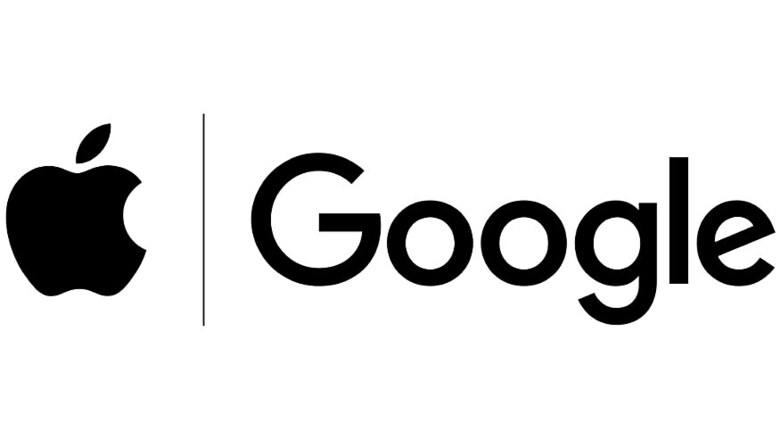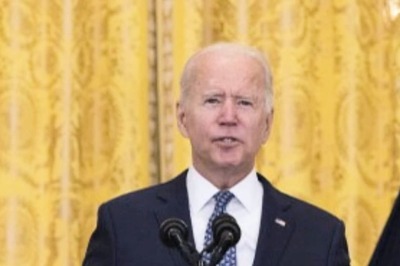
views
Apple and Google have delivered an initial version of the Application Programming Interface (API) to certain developers, in what can be considered a very crucial step in the full-rollout of the COVID-19 tracking technology expected to release for the iPhone and Android phones later this summer. It was earlier this month that the two tech giants had announced that they would begin working together build a solution that will allow the transmission of data for tracking Coronavirus and contact tracing. This will use the Bluetooth low energy technology built into modern day smartphones. It means governments and health agencies will be able to better identify individuals via a voluntary contract tracking mechanism, which will collect data of phones that have been in close proximity with each other.
Apple is releasing a beta version of Xcode 11.5 and the third beta of iOS 13.5—the Xcode includes tools that developers would need for building iOS apps that incorporate the COVID API, while the iOS beta integrates the code needed by apps that will be developed by health authorities around the world. Google has released these updates for developers via updates to Google Play Services and the Android Developer Studio.
Apple and Google insist this is a two-step process. “First, in May, both companies will release APIs that enable interoperability between Android and iOS devices using apps from public health authorities. These official apps will be available for users to download via their respective app stores,” says Google in an official statement. “Software developers are contributing by crafting technical tools to help combat the virus and save lives, says Apple.
In the coming months, Apple and Google will also develop and enable a broader Bluetooth-based contact tracing platform by building this functionality into the underlying platforms—in this case, iOS for iPhones and Android OS for Android phones. “This is a more robust solution than an API and would allow more individuals to participate, if they choose to opt in, as well as enable interaction with a broader ecosystem of apps and government health authorities,” says Google.
Apple and Google also take pains to emphasize time and again on the point that the list of contacts never leaves your phone, list of people who you may have come in range with never leaves your phone and at no point is the data shared with Apple or Google, in case of a positive test. Only public health authorities will have access to that data—though Apple and Google will have no say in who these authorities then share the data with.



















Comments
0 comment